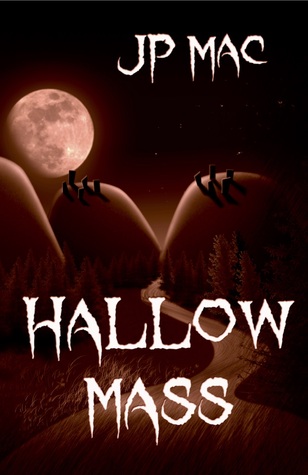Author Wrestles with Proper SF Ratio
Attempting to move ahead with my next book, but keep hitting speed bumps. How much science do I need for verisimilitude in a sci-fi story?Over the last week I've burrowed deep into the work of Tesla at Colorado Springs, his Wardenclyffe Tower, HAARP, Lenz's Law, Telluric current, Knot Theory, String Theory, and much more in the realm of quantum physics.
I'm growing to hate the whole project, but I can't start unless I know what result a certain character sought to achieve in the realm of science and what what wrong. (Then comes the relatively easy part: how do the characters deal with disaster.)
But last night while watching Star Trek III: The Search for Spock, it struck me that I don't need any heavy theory. Not really.
 |
| fanpop |
There's a reason Stephen King's The Mist is listed a horror story and not sci-fi, even though something involving the fictional Arrowhead Project goes haywire and kicks everything off. We don't really need to know the science of popping open another dimension. All we really need to know is that it's a hazardous thing for people.
Douglas Adam's Hitchhiker's Guide to the Galaxy also comes to mind when pondering light, breezy space fiction.
And despite the setting in 'a galaxy far away,' Star Wars is often referred to as space opera and not science fiction.
So this morning I feel much better, rejuvenated, and ready to outline. Since I'm not bucking to publish in Asimov's Science Fiction Magazine, all I require is starter science to get the story rolling, then put the characters in maximum jeopardy.
Speaking of books, and that's pretty much all I'm doing these days, Hallow Mass is in pre-order for Kindle editions.
Or, if you feel fortunate, you might enter a giveaway for a free signed copy, courtesy of Goodreads.




2 comments:
My favorite sci fi isn't the hard "physics-y" stuff, it's where the author expounds on a simple, yet profound "What if?" idea. For example, "What if dinosaur DNA was accessible through blood-sucking insects trapped in amber?" My mind is still blown by that one. Short of a good what if, I love me some space opera which is all about character and telling a good story. Oh, and Douglas Adams is a great read, too. :) Good luck with your SF project. Looking forward to reading it!
Michael Crichton was excellent at making science concepts understandable.
Thanks, Roger. I'm looking forward to finally getting started.
Post a Comment